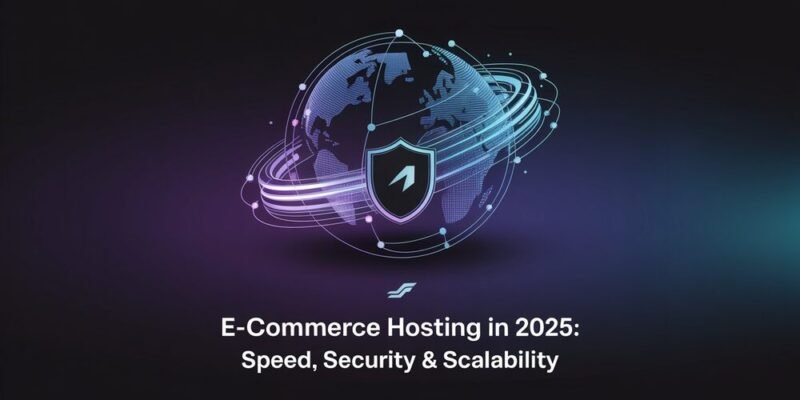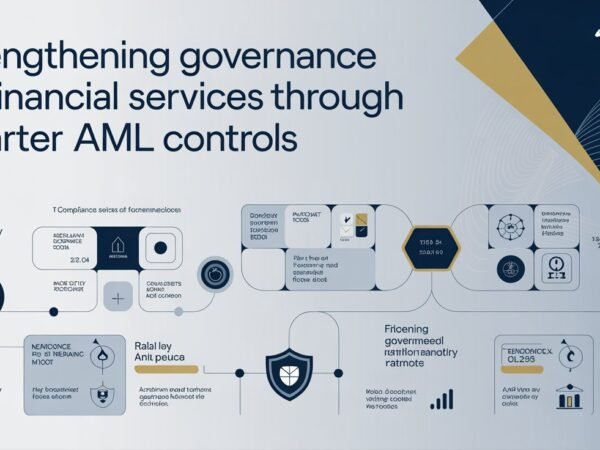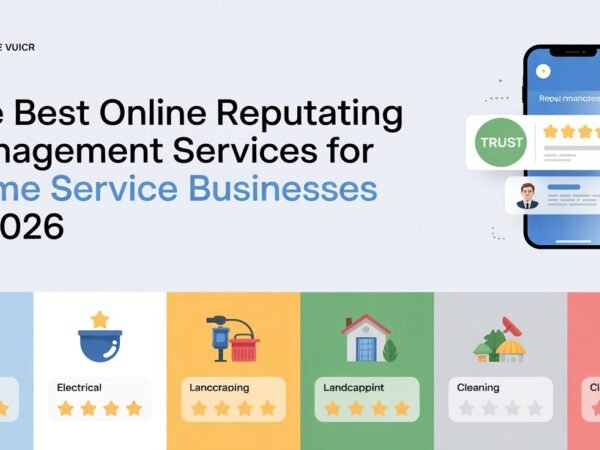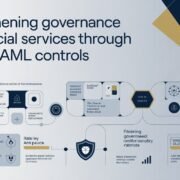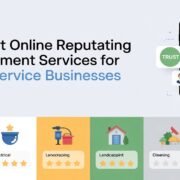The e-commerce business is evolving rapidly as we step into 2025. The expectations from e-commerce website hosting providers are increasing. Businesses today require more than just simple server space. They seek speedy, secure, and scalable web hosting environments that can handle high visitor volumes, safeguard customer data, and deliver seamless shopping experiences across devices and regions. This article explores the essential factors of e-commerce website hosting in 2025.
Why E-Commerce Hosting Has Evolved
The upward surge of e-commerce, the rise in online fee fraud, and evolving customer expectations have all contributed to a transformation in e-commerce website hosting. Modern e-commerce structures should cater to international audiences while complying with stricter data guidelines and ensuring lightning-fast overall performance.
Moreover, technologies such as AI-driven personalization, real-time stock syncing, and integrated CRM solutions are becoming increasingly popular. E-commerce websites require robust and adaptable hosting infrastructures.
Let’s break down the critical regions that outline top-tier e-commerce website hosting in 2025.
Speed: The Cornerstone of Conversion
Page velocity is more than an overall performance metric — it is a conversion driver. Studies display that a one-second delay in web page load time can result in a 7% loss in conversions. In 2025, e-commerce organizations can’t afford a slow loading speed.
Key Speed Features to Expect
- Edge Caching and CDN Integration: Leading e-commerce hosting now combines content delivery networks (CDNs) that serve content from servers closest to the user. This reduces latency and improves the velocity of content material shipping worldwide.
- HTTP/3 Support: This new protocol significantly reduces the number of connection instances compared to HTTP/2, particularly for customers on slower networks. Hosting providers that support HTTP/3 can provide a sizeable overall performance boost.
- Built-In Speed Optimization Tools: Expect caching layers, image compression, lazy loading, and script optimization to be included in your e-commerce website hosting plan.
The Mobile Speed Factor
With over 70% of e-commerce visitors coming from mobile devices in many regions, website hosting environments must prioritize mobile optimization to ensure a seamless user experience. Fast server reaction instances, AMP compatibility, and photograph optimization are vital.
Security: Building Trust and Meeting Compliance
Security is non-negotiable in e-commerce. With growing cyber threats and data breaches, a single vulnerability can have a significant impact on an organization’s finances and reputation.
What Security Should Look Like in 2025
- End-to-End Encryption: SSL/TLS certificates are not optional. Top e-commerce hosts now provide automated certificate provisioning and renewal.
- Multi-Layered Firewalls and DDoS Protection: Network-stage and application-stage firewalls are critical. Advanced DDoS protection is crucial for safeguarding against traffic loads that could crash websites during critical sales periods.
- Isolated Environments for Each Store: Modern hosts provide containerized or virtualized environments to protect you from cross-site contamination and limit the potential impact of breaches.
- Regular Malware Scanning and Patching: Automated vulnerability scanning and proactive patch control are part of a new trend in e-commerce website hosting.
- Regulatory Compliance Support: In 2025, website hosting providers ensure compliance with GDPR, CCPA, PCI-DSS, and various data protection laws by providing compliant infrastructure and equipment.
Scalability: Growing Without Limits
Scalability is crucial for e-commerce organizations, especially those that experience seasonal fluctuations, flash sales, or viral product launches. In 2025, your website hosting panel ought to scale routinely and efficiently.
Types of Scalability You Need
- Vertical Scaling (Upgrades Within the Server): Ideal for developing organizations that want extra assets like RAM or CPU without converting infrastructure.
- Horizontal Scaling (Adding More Servers): For large e-commerce structures, the capacity to distribute visitors throughout more than one server or node guarantees overall performance even at intense traffic loads.
- Auto-Scaling Infrastructure: The exceptional e-commerce hosts in 2025 offer dynamic scaling, routinely adjusting assets primarily based on real-time demand without downtime.
- Global Server Distribution: Hosting structures with international data centers enable organizations to establish e-commerce platforms near their target markets, ensuring speed and compliance.
Role of Management Tools in E-Commerce Hosting
Alongside those features, management tools play a vital role in simplifying server operations. An intuitive web hosting control panel enables e-commerce owners and developers to set up, manage, and control their stores more efficiently. These structures offer visible dashboards, analytics, area control, SSL integration, and app installers. So, no one requires superior technical knowledge.
AI and Predictive Analytics in Hosting
In 2025, many e-commerce website hosting providers have started integrating AI-powered tools. It predicts traffic surges, discovers anomalies, and proposes optimizations. These tools help organizations proactively scale resources, prevent downtime, and ensure high availability during critical sales periods.
Sustainability: The New Hosting Frontier
With the growing awareness of environmental concerns, many e-commerce companies are seeking green hosting solutions. Leading providers now invest in energy-efficient data centers, carbon offsets, and renewable energy sources, making sustainability a key differentiator within the web hosting space.
What to Look for in a 2025 E-Commerce Hosting Provider
When evaluating a website hosting company for your online store in 2025, remember the following:
- Performance Benchmarks: Look for web hosting providers with verified uptime and speed metrics.
- Security Credentials: Ask about certifications, firewalls, and compliance readiness.
- Scalability Options: Select providers with elastic plans that scale in tandem with your needs.
- Global Reach: Select a host with data centers or CDN nodes located near your customer base.
- Customer Support: 24/7 support with e-commerce know-how is critical.
- Integrated Tools: Platforms with integrated store management, backups, staging environments, and overall performance tracking provide extensive advantages.
Final Thoughts
As e-commerce continues to develop, so do the needs placed on website hosting providers. In 2025, it’s not only about being online — it’s about providing a speedy, secure, and scalable experience that customers trust and enjoy. By selecting a hosting solution that prioritizes speed, security, and scalability, along with a robust hosting control panel, e-commerce organizations can establish a foundation for sustained growth and a competitive edge.
Whether you are launching a small store or scaling a massive online empire, investing in the proper e-commerce web hosting platform is one of the strategic choices you will make this year.
Do Read: CrewLogout – The Ultimate Crew Management Solution in 2025


